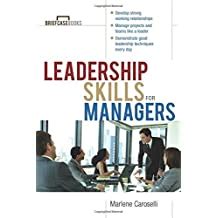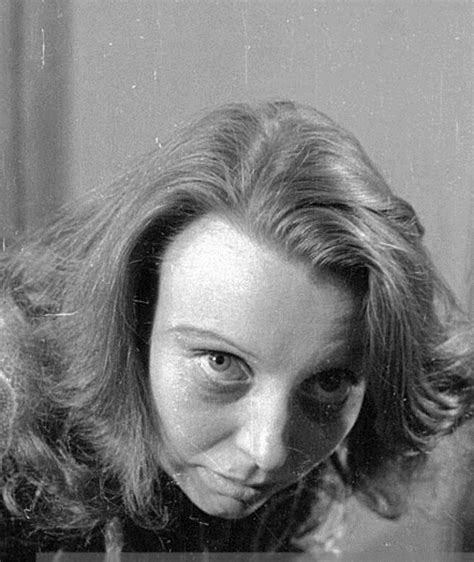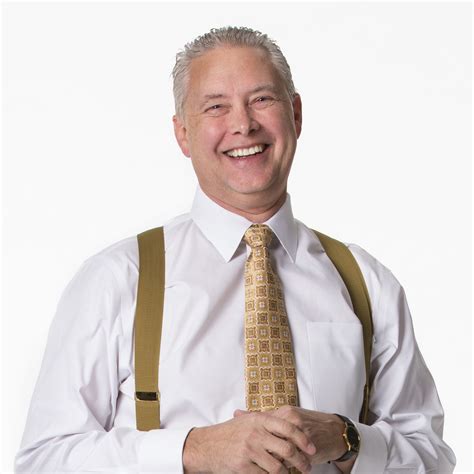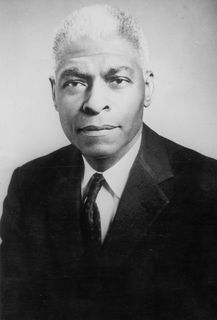A Quote by Honore de Balzac
Generally our confidences move downward rather than upward; in our secret affairs, we employ our inferiors much more than our bettors.
Related Quotes
There is no doubt about it: we are judged by our language as much as (perhaps more than) we are judged by our appearance, our choice of associates, our behavior. Language communicates so much more than ideas; it reveals our intelligence, our knowledge of a topic, our creativity, our ability to think, our self-confidence, et cetera.
I’ve seen how important this concept is in business. To be truly successful, companies need to have a corporate mission that is bigger than making a profit. We try to follow that at salesforce.com, where we give 1% of our equity, 1% of our profits, and 1% of our employees’ time to the community. By integrating philanthropy into our business model our employees feel that they do much more than just work at our company. By sharing a common and important mission, we are united and focused, and have found a secret weapon that ensures we always win.
The secret of our lost mode of prayer is to shift our perspective of life by feeling that the miracle has already happened and our prayers have been answered. Now we have the opportunity to bring this wisdom into our lives as prayers of gratitude for what already exists, rather than asking for our prayers to be answered.
My third maxim was to try always to conquer myself rather than fortune, and to change my desires rather than the order of the world, and generally to accustom myself to believing that there is nothing entirely in our power except our thoughts, so that after we have done our best regarding things external to us, everything in which we do not succeed is for us absolutely impossible.
My plea therefore is this: Let us get our instruments tightly strung and our melodies sweetly sung. Let us not die with our music still in us. Let us rather use this precious mortal probation to move confidently and gloriously upward toward the eternal life which God our Father gives to those who keep his commandments.
Our cause is just. Our union is perfect. ... With hearts fortified ... we most solemnly, before God and the world, declare that... we will, in defiance of every hazard, with unabating firmness and perseverence, employ for the preservation of our liberties; being with one mind resolved to die freemen rather than to live slaves.
Power is a central issue in social and personal transformation. Our sources and uses of power set our boundaries, give form to our relationships, even determine how much we let ourselves liberate and express aspects of the self. More than party registration, more than our purported philosophy or ideology, personal power defines our politics.







































